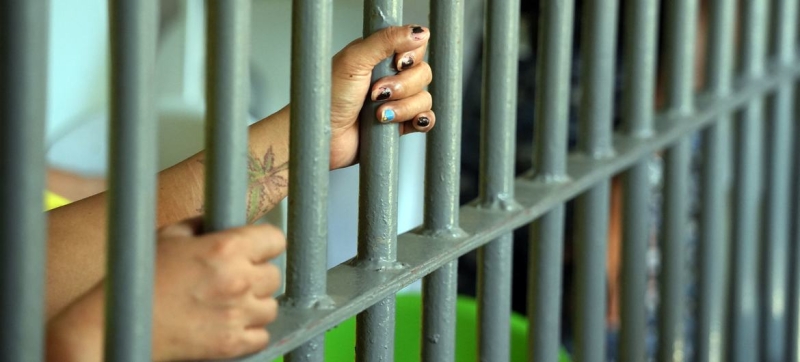
Prisoners have a right to decent work, UN independent expert stresses. UN expert calls for end to prison labor exploitation Human Rights
The UN Special Rapporteur on contemporary forms of slavery, Tomoya Obokata, has warned of widespread exploitation of prisoners around the world. Many of them work in harsh conditions, some are forced to work. Obokata presented his report to the Human Rights Council in Geneva.
Prisoners have the right to decent work, the independent expert stressed, citing international law, and they must work in adequate conditions under supervision provided by state bodies. In addition, certain guarantees must be provided to those working for private companies.
Obokata noted that prisoners often work overtime, without breaks or days off, while their access to health care is limited, and safety regulations are not observed in the workspace.
“There is a general lack of meaningful work opportunities and inadequate wages, with prisoners largely unable to pay for basic necessities, support their loved ones outside, or save for the future,” he said.
The expert said that in some cases, labour is used as a means of political coercion or punishment for expressing dissent, in violation of international human rights standards. Obokata also recalled that prisoners in many countries face sexual exploitation, harassment, and violence.
Obokata called for reforms, including the provision of meaningful vocational training and education opportunities in prisons to help rehabilitate prisoners.
He also stressed the importance of combating discrimination against former prisoners that limits their access to education, decent work, housing and public services, which in turn increases the risk of recidivism or further exploitation.
“Intersecting forms of discrimination must also be recognized and effectively addressed, as certain groups, such as indigenous peoples, persons belonging to minority groups, persons with different sexual orientations and gender identities, young or older persons and persons with disabilities, continue to be discriminated against in terms of rehabilitation and reintegration,” Obokata said.
The Special Rapporteur called on countries to strengthen oversight in this area and to ensure that prisoners are protected from all forms of exploitation.
“I was encouraged to learn of some positive examples implemented by various States, including the requirement of informed consent, the right to social security, and other benefits, written contracts that set out fair working conditions, and financial support for the families of prisoners,” Obokata said.
He also called for closer cooperation between governments and other stakeholders to implement more effective rehabilitation and reintegration measures, reduce recidivism and exploitation after release.
Read also:
